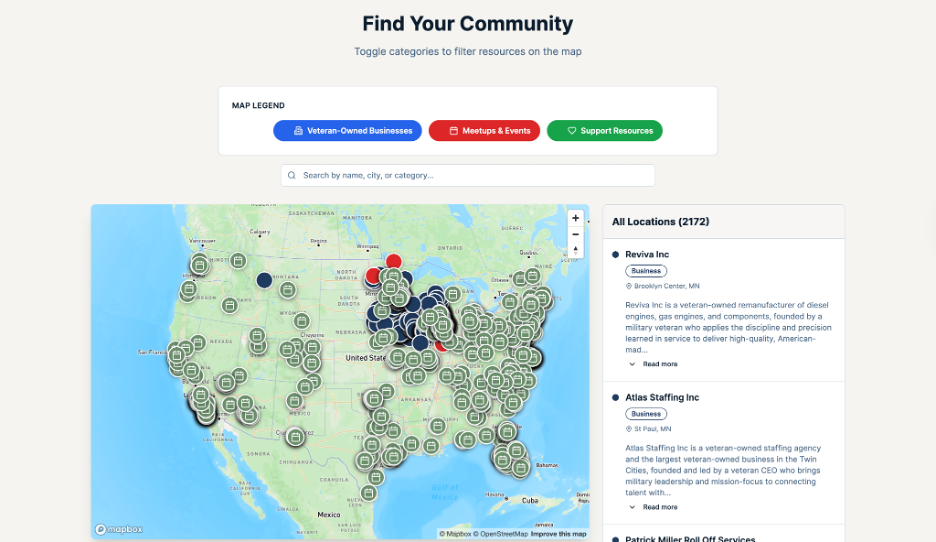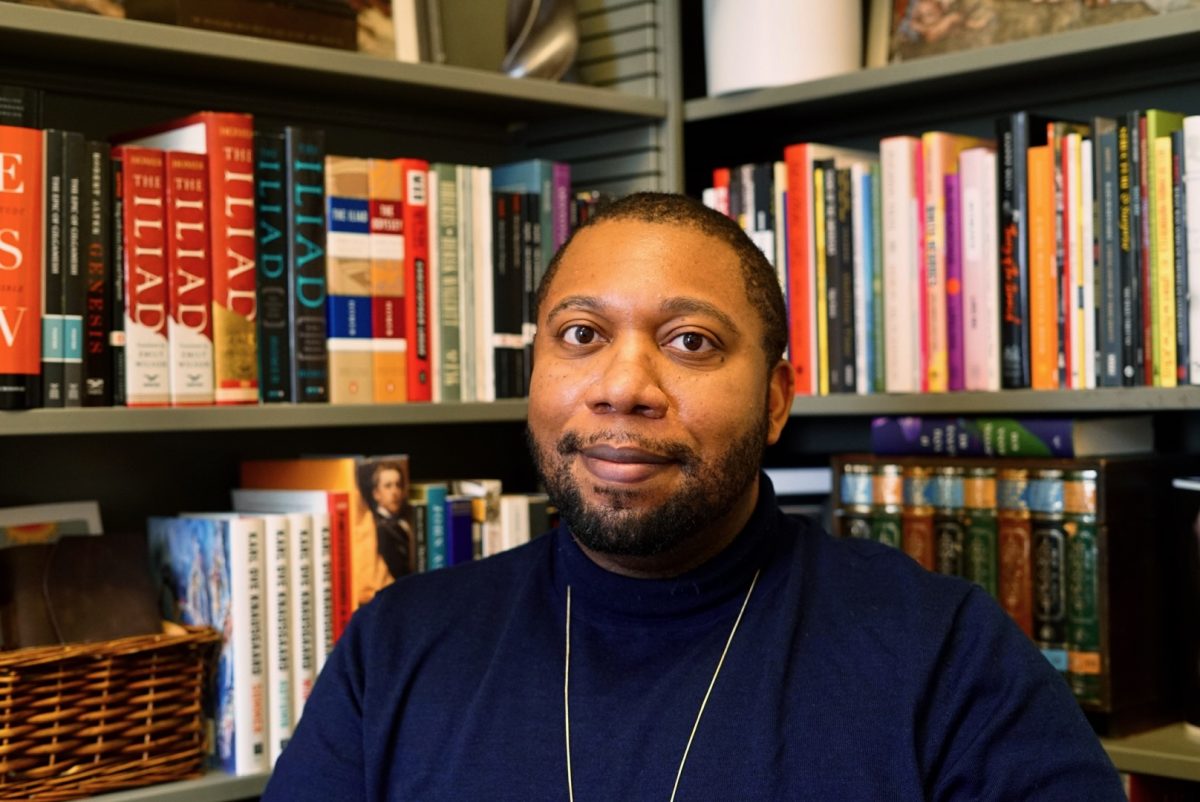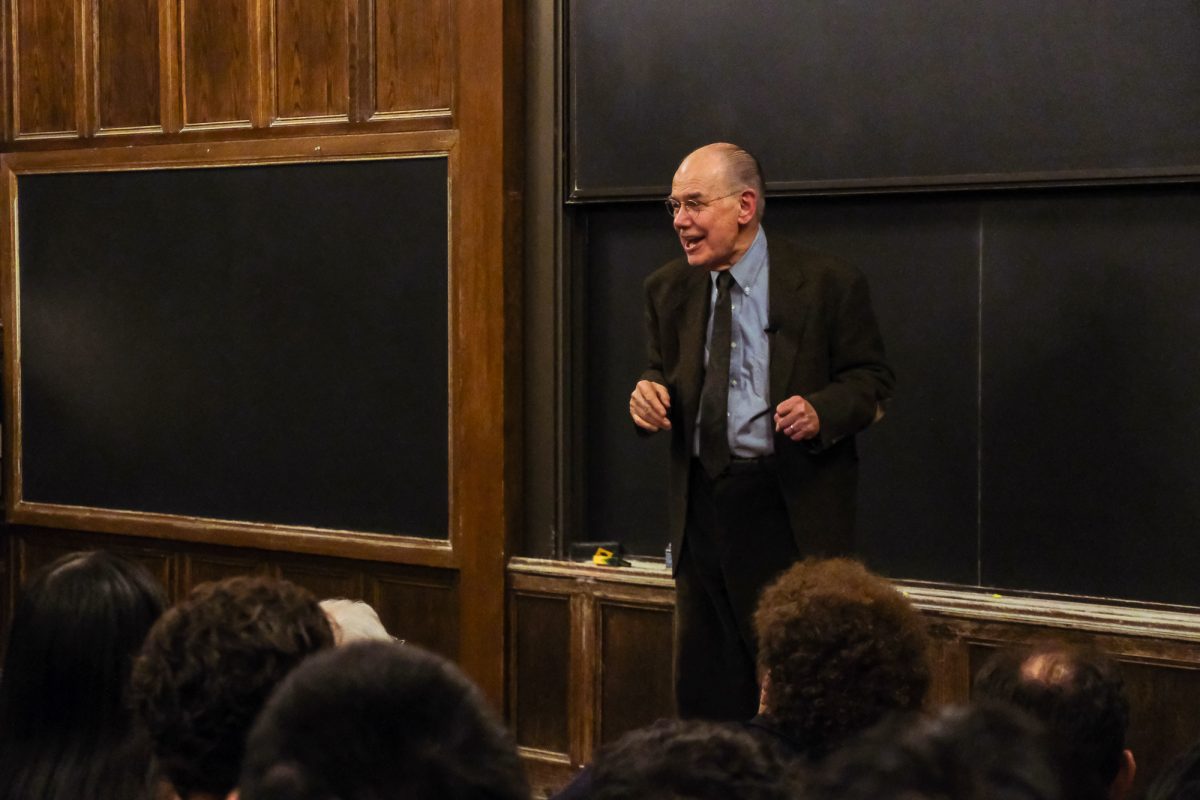At a panel on Tuesday, epidemiologist Dr. Emily Landon, and Clinical Director of Global Health Initiative Dr. Sola Olopade discussed what they saw as the inevitable spread of the virus to America, but also the ability of governments to control the virus effectively.
The panel discussion, entitled “Ebola: What Can We Learn from the Current Epidemic?”, took place at the Biological Sciences Learning Center (BSLC) and mainly focused on the biological facet of the Ebola virus and the panelists’ perceptions of the pandemic.
“This is a zoonotic infection. That means it lives in animals, and humans are the accidental hosts. We are not meant to carry Ebola; it kills us way too quickly,” Dr. Landon said
Dr. Olopade, a global health and policy specialist, discussed the beginning of the epidemic. “It pretty much started in Guinea during the religious art of touching the dead,” he said. “Because the borders of African countries are very porous,” “the virus spread very quickly.”
Dr. Olopade emphasized the impact of government reaction in controlling the virus. As soon as a Liberian man who entered a Nigerian private hospital was suspected of carrying the Ebola virus, the Nigerian government acted on it without hesitation, investing $10 million in public health. Peoples’ temperatures were checked everywhere and quarantines began immediately. Within three months Nigeria was declared Ebola-free. “The subsequent reaction to the introduction of Ebola into Nigeria is emblematical of how you can control it quite readily,” Olopade said.
“The spread of Ebola to the United States is inevitable,” Dr. Olopade said. “Whether we like it or not, it is going to come here, like [it did] in Dallas.”
However, Olapade was confident in America’s ability to handle the virus. He believed that the uncontrollable situation in Liberia was “all about poverty, lack of access, [and] lack of infrastructure. In America,” he said. “An Ebola patient would have much less to worry about.”
“The University of Chicago is ready for a patient!” Dr. Landon even added at the end.







